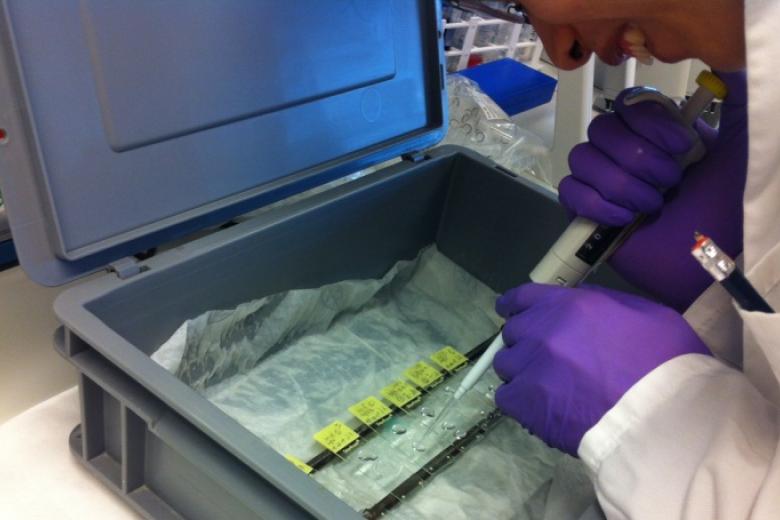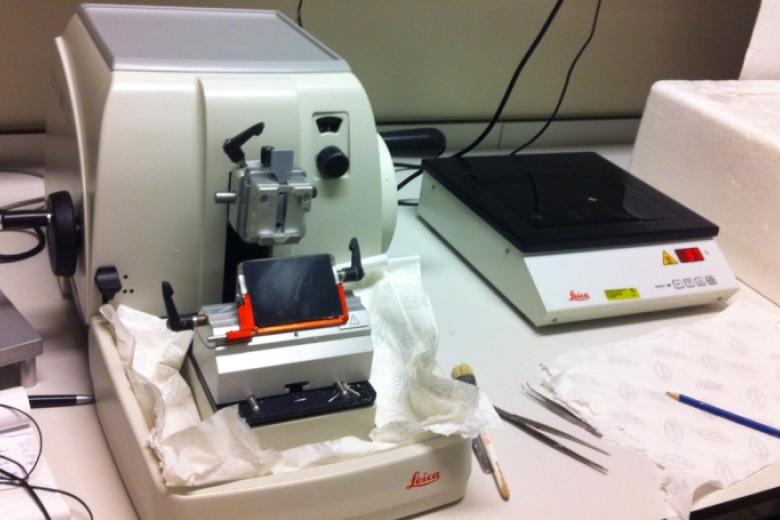General Surgery
Research department
From bed to bench and back
The Department of Surgery has a long tradition in translational research. Problems encountered in the daily clinical care of patients are translated into research questions that are experimentally addressed in our laboratories using patient-derived materials and/or via small interventions during surgery. Insights gained from these studies aim to improve patient care and treatment options of patients. Basic and translational research at our department focuses on disorders of the intestines and hepatopancreatobiliary system. This research is done in the metabolic and immunological field. Presently, it is recognized that integration of both fields is required to gain a more complete picture of these disorders.
Department of Surgery / Chirurgie
Postal address P.O. Box 616 6200 MD
Universiteitssingel 50 (UNS50)
6229 ER
Maastricht
K5.442



